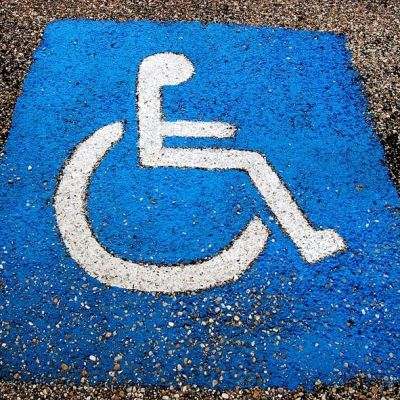House Bill 81 Changes Announced in Ohio On June 16, 2020, Governor Mike DeWine signed into effect a new law….
ADA Accommodations During COVID-19 For many Americans,returning to work amidst the COVID-19 crisis causes concern for the health and safety…
Typing “average workers’ compensation settlement for a back injury in Ohio” into Google or another search engine will return a…
LAYOFFS AND FURLOUGHS DUE TO COVID-19 IN OHIO: WHAT ALL EMPLOYEES NEED TO KNOW. Employers across Ohio are closing their…
lawmakers have been working on a bill that would allow first responders to apply for workers’ compensation if they receive a PTSD diagnosis.
You cannot file a workers’ compensation claim in Ohio when you request benefits solely because you developed post-traumatic stress disorder….
According to the Ohio Bureau of Workers’ Compensation, “Ohio law requires employers with one or more employees to obtain workers’…
Can I Be Fired for Filing a Workers’ Comp Claim in Ohio? The short answer to that question, which is…
The Ohio Revised Code states that no employer shall discharge, demote, or take any punitive action against an employee because…
Is an employee who travels to different job sites on a daily basis a fixed-situs employee subject to the “coming…

Disability payment you receive from workers’ compensation and/or another public disability payment may reduce you and your family’s Social Security…
What happens when a workplace injury occurs in Ohio, but the employer is located in another state? Which state law…






